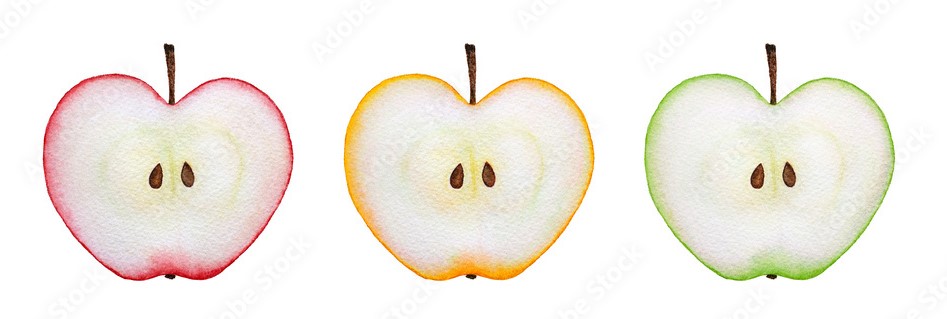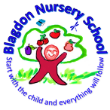- Reading Early Years Schools Federation
- Home
- About Us
- Our Classes
- Apple Pips - Social Communication Resource for Moderate Needs
Apple Pips - Social Communication Resource for Moderate Needs
The Apple Pips resource here at Blagdon Nursery School caters for children who can access a mainstre am nursery curriculum but who need additional support or small group work in order to support their progress.
am nursery curriculum but who need additional support or small group work in order to support their progress.
Children will be considered for a placement where they will benefit from a combination of: speech and language therapy; a low arousal environment; a personalised sensory diet and supported access to a mainstream curriculum that is differentiated to meet their individual needs.
Children who are already based at Blagdon Nursery School will not automatically be prioritised for a placement in the resource. Children from across Reading Borough Council will be considered equally for a placement based on needs.
Children considered for admission to Apple Pips resource will have Social Communication Difficulties as their primary need.
Admissions requests will go through a panel of professionals within Brighter Futures for Children and will be based on the child’s needs and circumstances; the current cohort of children attending the resource base and whether the admission of a new child will still ensure that all children attending the base are supported to meet their educational needs.
Before an admission request is brought to panel, the family will be invited into the resource base for a show-round and initial assessment visit where staff from the resource base will meet with parents/carers and observe the child to gather information to assist in the panel in their consideration of whether the resource base is an appropriate placement.
The progress of children in the resource base will be reviewed and consideration given as to whether Apple Pips resource is effective in meeting the child’s needs or whether any of the exit criteria have been met.
Admissions Indicators:
The indicators that the admissions panel will be taking into consideration when deciding if a placement at Apple Pips resource is suitable for a child will include:
- Child is able to access a mainstream curriculum.
- Needs support from familiar keyperson to engage in the fundamentals of communication e.g. giving and sharing attention with another person, taking turns in exchange of behaviours, understanding and using eye contact, facial expressions, nonverbal gestures and use of physical contacts,
- Learning how to use vocalisations and understanding variations and meaning
- Shows signs of anxiety about what is expected of them; requiring visual cues and adult support to follow the routine and follow simple step instructions.
- Needs support to understand social cues when interacting for social purposes with peers/adults.
- Requires sensory support to manage the day to day routines and may demonstrate sensory seeking or sensory avoidance behaviours
- Needs support to engage in joint attention on an individual or small group basis
- Child’s play needs support from an adult for child to participate, and child needs support to move to another activity.
Transition to mainstream/ Exit criteria:
The list below are indicators for when a child within the Apple Pips resource has made progress and could have their needs met in a mainstream early year’s setting with appropriate support.
Communication
- Shows communicative behaviour to request using a range of means (verbal, symbols, actions) to express some wants/needs
- Aware of objects/visual cues and that they carry meaning.
- Approaches familiar person to communicate.
- Follows simple instructions with visual support.
- Starting to use speech for a range of functions- greetings/ requests/ choices/ comments, especially in small group situations.
Social Interaction and play
- Shows motivation to interact with others and can engage in social cues with support e.g. waiting for a turn; responding during a gap in conversation in small group situations.
- Able to engage in shared attention group activity with key adults
- Can wait a turn in a structured small group with adult support.
- Demonstrates use of functional visual communication gestures/eye contact in appropriate situations.
Routines
- Able to adapt to a familiar environment with visual prompt and adult support.
- Able to change activity with appropriate visual support such as a now/next board.
- May use a visual support system or cues to access and complete activities or sequences
- Demonstrate some awareness of needs and will make these needs known in a consistent manner.
Sensory Regulation
- Able to engage in a programme of sensory support including calming techniques and movement breaks e.g. Accept physical comfort from familiar caregiver; soothed by touch; comforted by familiar items;
- Able to show engagement with support to focus and manage sensory experiences in the background environment.
